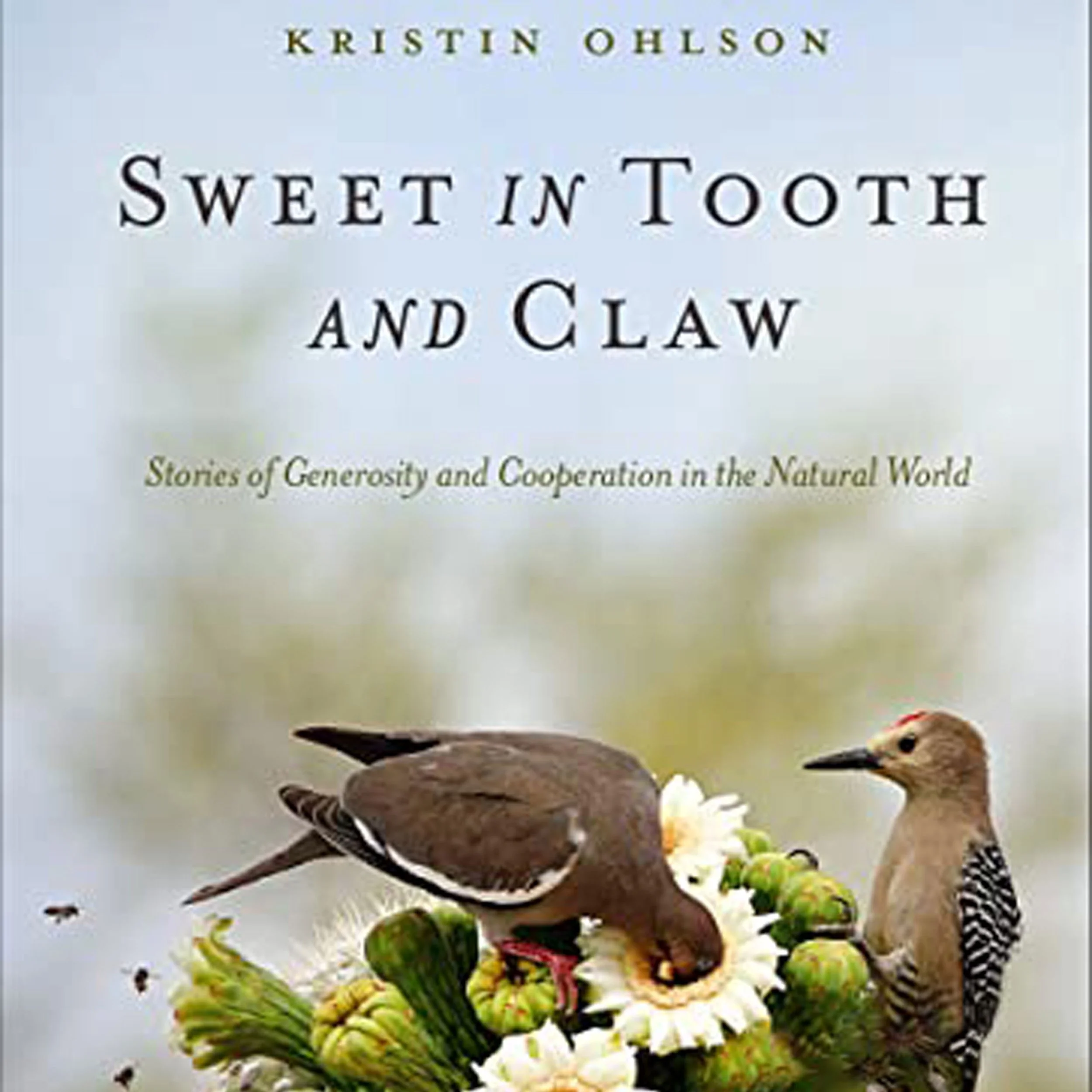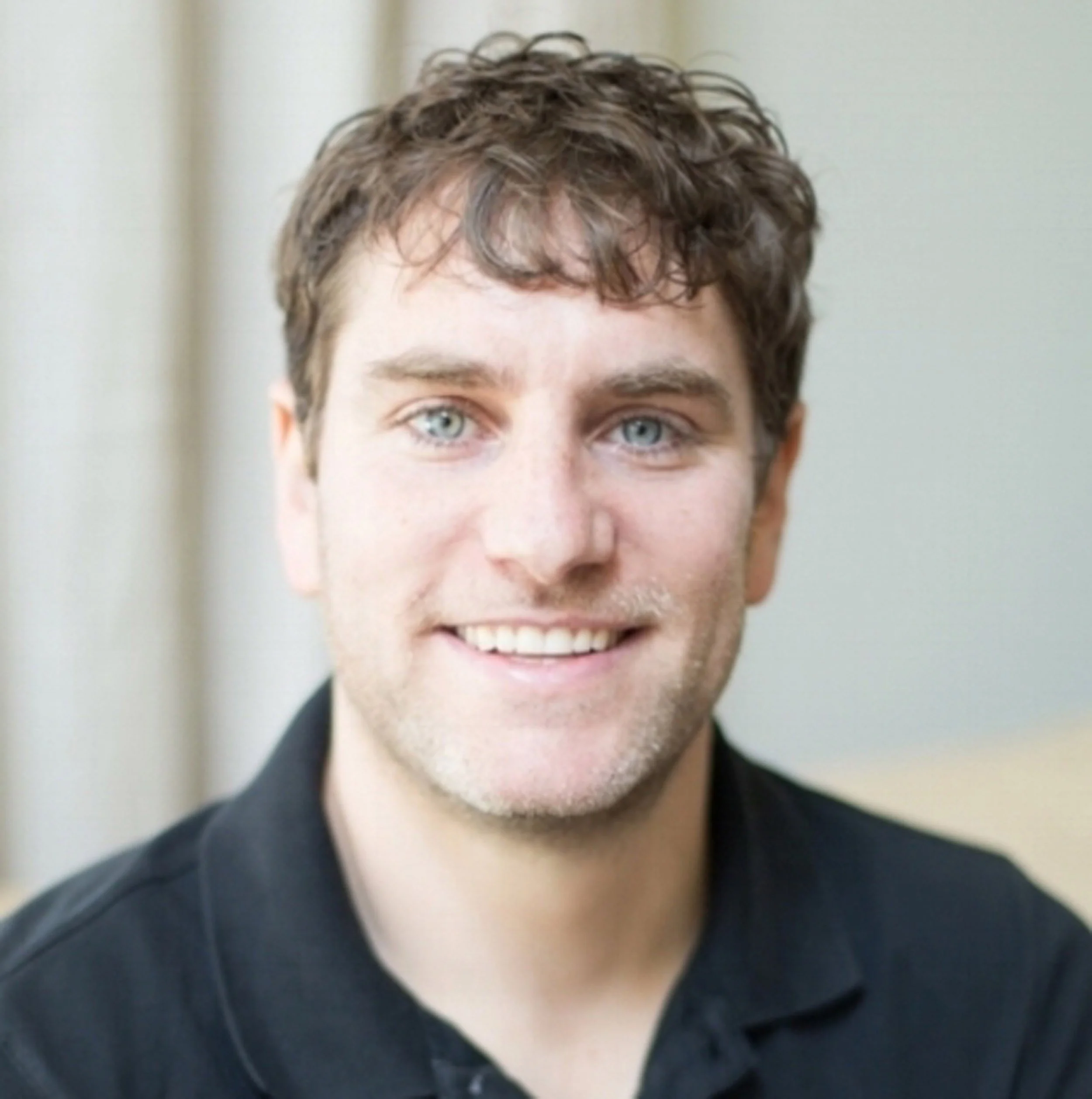Highlights - CHRISTOPHER GERVAIS - Founder/CEO of Wildlife Conservation Film Festival - Cannes Lions Award-winning Producer
/Founder & CEO of Wildlife Conservation Film Festival
Cannes Lions Award-winning Producer
I've been fortunate over the last 13 years to meet some of the world's leading conservationists. Dr. Sylvia Earl, David Attenborough, Jane Goodall, his Royal Highness Prince Khaled bin Sultan of Saudi Arabia, who came to the film festival in 2014, where we showed some films from his foundation. And there have been a number of others, award-winning filmmakers, and a number of celebrities that have come to the film festival, Academy Award Winner James Cromwell. We've had other celebrities, from Paul Giamatti to Alec Baldwin to Sigourney Weaver, all of whom may have a passion for, if not saving wildlife, then for the environment. And I have found them very humble, very easy to speak to, and I'm immensely grateful that they took the time to come to WCFF from their busy schedule. And we hope to build more relationships.



















